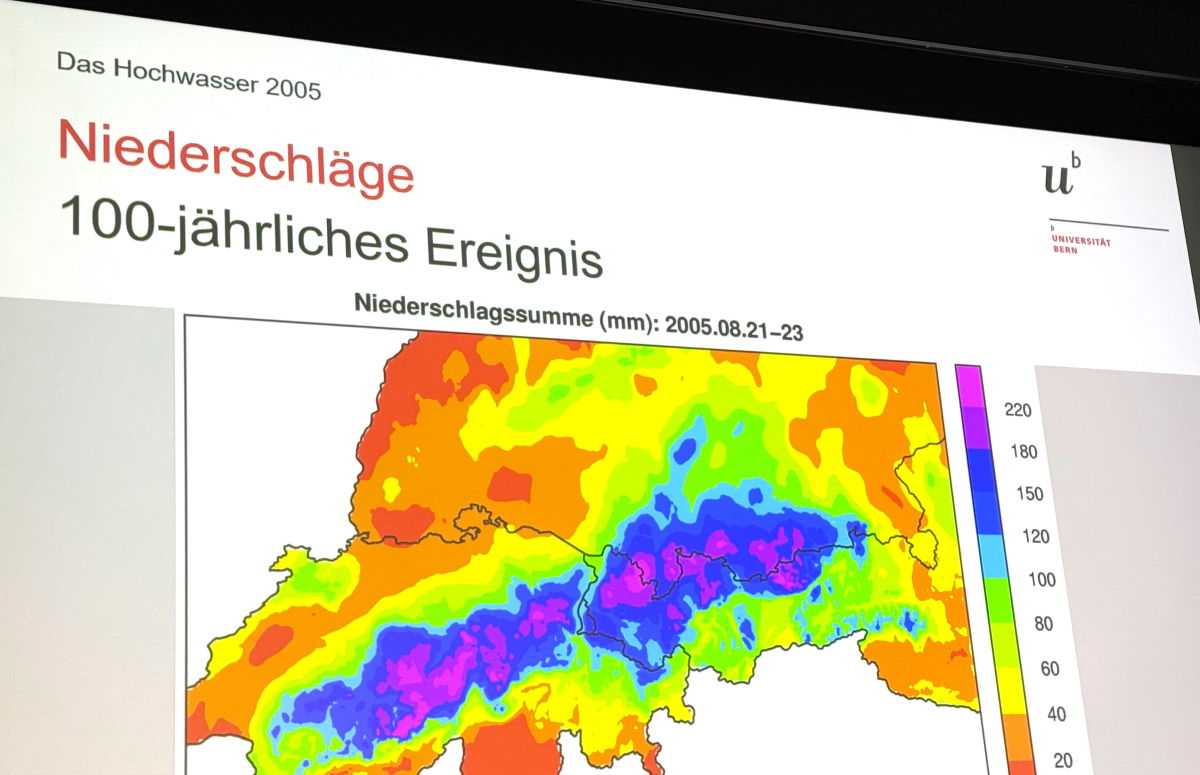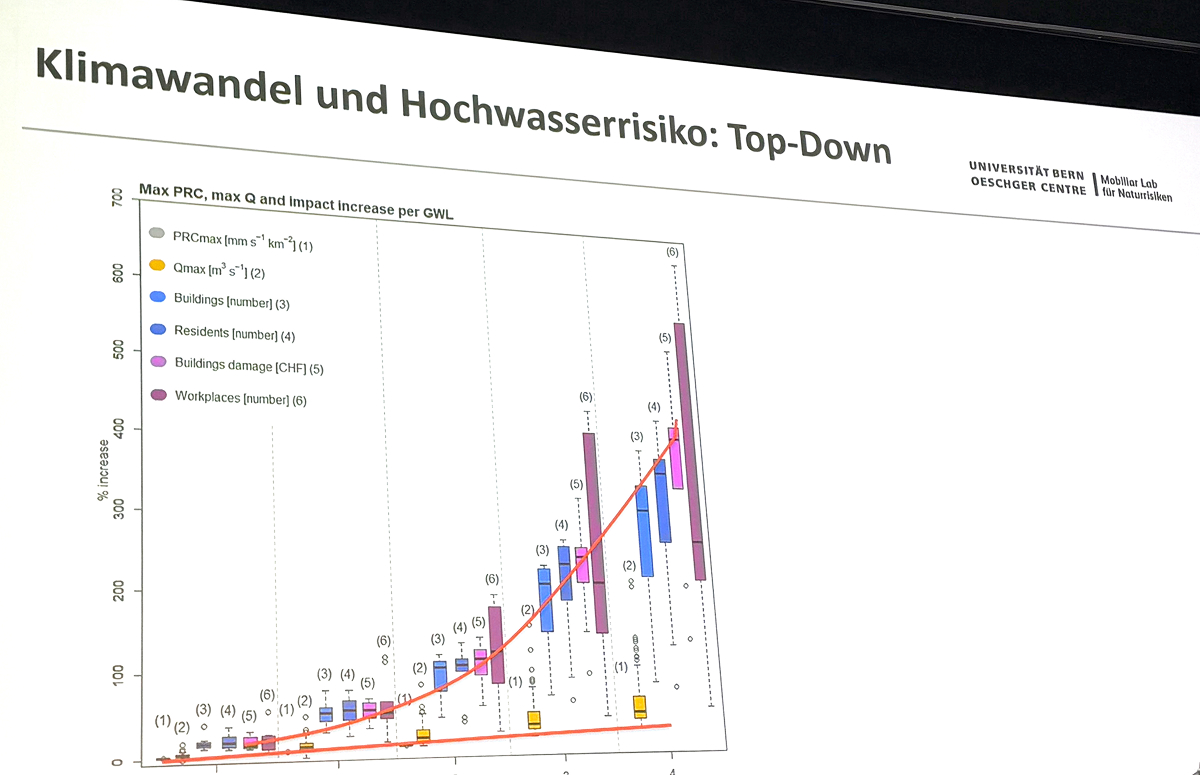From the 2005 Floods to Future Climate Resilience: Key Takeaways from the Mobiliar Lab for Natural Risks Event
 0 min
0 minOn May 19th, 2025, Quarticle had the privilege of attending the Mobiliar Lab for Natural Risks - Spring edition - in Bern, Switzerland. Held in the historically flood-prone Berner Matte, the event brought together Swiss climate researchers, insurers, public sector leaders, and technology providers to reflect on past lessons and future strategies in natural hazard management.
From the 2005 Floods to Future Climate Risks
The 2005 floods were a turning point for Switzerland. With over CHF 3 billion in damages and a tragic loss of life, the event exposed the need for better risk awareness, data accessibility, and coordination between Swiss stakeholders. As highlighted by speakers like climatologist Prof. Stefan Brönnimann and Mobiliar's Head of Insurance Thomas Trachsler, that moment catalyzed advancements in flood prevention, modeling, and insurance response.
Today, the insurance industry faces a new frontier: the intensifying impacts of climate change. The session at Mobiliar Lab spotlighted the increasing complexity of natural hazards, including flash floods, hailstorms, surface water events, and heat waves. State-of-the-art climate datasets are now critical tools in understanding these threats, especially for regional modeling in data-scarce areas.


A recurring theme throughout the event was the idea of adapting to natural water flows rather than resisting them. Urban planning, spatial data, and insurance modeling must now reflect this mindset, working with risk, not simply guarding against it.
One of the event’s key messages was the value of integrated, cross-sector collaboration. Together, we are shaping how climate knowledge is turned into practical action, from spatial planning and building codes to risk transfer and community engagement.
Quarticle’s Perspective: From Insight to Action
At Quarticle, we believe insurtech must play a central role in this ecosystem. Insurers need more than historical averages and static models as natural hazards grow in frequency and intensity. They need high-resolution, real-time, and portfolio-specific insights delivered at speed and scale.
This is why we’ve built solutions like:
- Qarta™, our cloud-native geo-intelligence engine for fast, scalable spatial analysis.
- Graph, our intuitive SaaS platform that allows insurers to visualize and act on location-based risk data.
- RAPID, our latest geospatial business intelligence tool for risk aggregation and portfolio enrichment across massive datasets (processes over 10 million requests per second).
- EventHub - the tool that helps you perform footprint and GeoRisk analysis on portfolio and claims data (more information on this coming soon).
All Quarticle products are cloud-ready, support private and hybrid deployments, and are powered by a robust Kubernetes infrastructure. Our platform includes a Kubernetes Operator for fully automated, production-grade deployments. This ensures insurers get the performance, flexibility, and data sovereignty they need, without the lock-in or complexity of traditional public cloud solutions.
A Shared Mission
Events like the Mobiliar Lab Spring Session remind us that building climate resilience isn’t a siloed effort. It requires joint action between research, public institutions, and private sector players, including insurtech. At Quarticle, we’re proud to contribute to this shift with solutions that transform climate data into actionable risk intelligence.
We would like to thank the Mobiliar Lab and the University of Bern for hosting a powerful and thought-provoking event. It’s clear that as an industry, we’re moving toward a technologically empowered future, one where risk isn’t just something to insure against, but something we can actively manage, reduce, and understand.
The Mobiliar Lab for Natural Risks is a joint research initiative of the Oeschger Centre for Climate Research at the University of Bern and Mobiliar. Its primary focus is on investigating the processes involved in hail, flooding, and storms, and the resulting damage. The Mobiliar Lab operates at the interface between science and practice, striving for results with significant benefits for the general public.